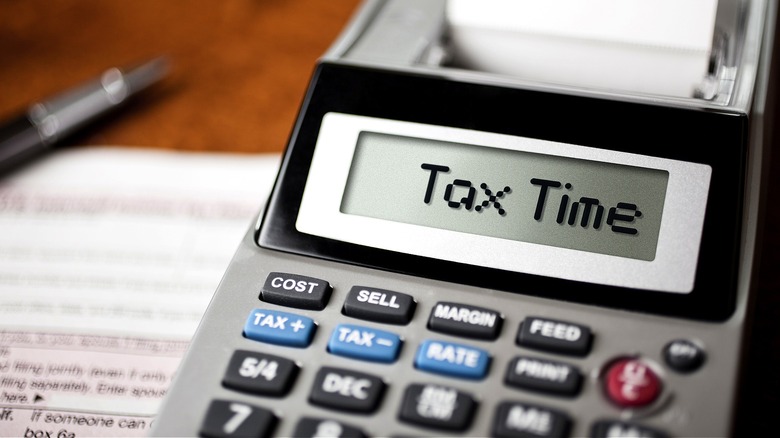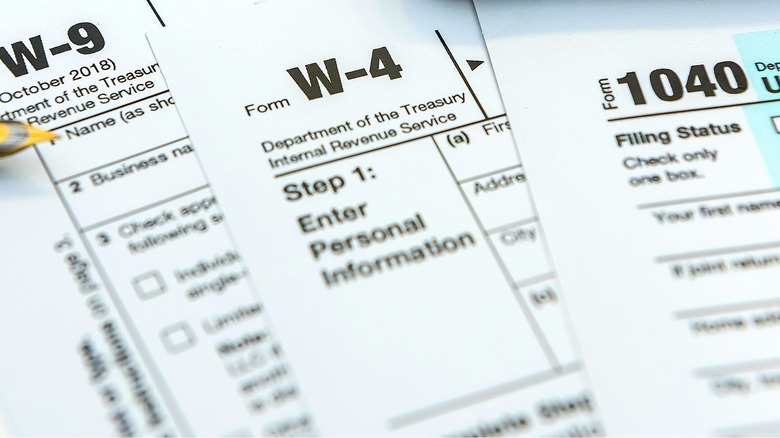Do Tax Refunds Ever Expire?
While most Americans expecting a refund will file their federal tax returns on time, there are some taxpayers who fail to do so, with some ending up forgetting for years. In these cases, they run the risk of forfeiting their refunds altogether, as there is, in fact, a deadline to claim this money. That window is three years. If after three years, you fail to file a return for the particular tax year, then your refund will expire, and the money becomes the property of the U.S. Department of the Treasury, according to the IRS.
In 2024, the average tax refund was $2,850, representing a 3.5% increase from 2023. For anyone owed this money, they have until April 2027 to file their 2023 return to claim their money. Typically, the three-year window falls around the tax deadline, which is usually on or around April 15. In the case of tax year 2020, this date was extended to mid-May, and as the IRS announced in March of 2024, taxpayers had until May 17 to file their 2020 returns and claim their money.
How much money was set to expire? According to the IRS, over $1 billion for ~940,000 taxpayers nationwide, with the most individuals living in Texas (93,400), California (88,200), Florida (53,200), New York (51,400), and Pennsylvania (38,600). The average tax refund in 2020 was $932.
The fate of unclaimed tax refunds
So while most Americans put their tax refunds toward their savings these days, thus avoiding the biggest tax-refund mistake of splurging it, there are hundreds of thousands who fail to claim their tax refunds at all. In many cases, these people likely didn't think they had to file taxes for the year.
As the IRS notes, if you're owed money, you won't incur penalties for not filing, but you won't be able to claim your refund unless you file. So, while the consequence of not filing your tax return on time if you owe can mean various penalties, beginning with a failure-to-file penalty of 5% on the amount you owe the IRS, there isn't one if you're owed a refund. The only consequence is that it might end up being too late, if the three-year window expires.
The Bureau of Fiscal Service is the service that manages federal payments and collections. It's the BFS that issues tax refunds on behalf of the IRS, as well as collects past-due debts owed to federal agencies through the Treasury Offset Program. As the bureau explains, unused funds are returned to the relevant agency. In the case of unclaimed tax refunds older than three years, that agency is the Treasury.
Claiming your tax refund
When tax season rolls around, taxpayers naturally look for ways, including little-known ways, to get a bigger tax refund, yet as it happens, a considerable number of Americans don't even realize how big a refund they're already owed. But, so long as you file before the three years is up, you have a chance to still get your money.
To claim a past tax refund, simply file a return with the IRS for the specific tax year. This said, with up to three years nearly passed, it can be difficult to get the necessary documents in order to file, but it's still possible. The IRS says to first reach out to your employer and/or bank for Forms W-2, 1098, 1099, and/or 5498 for the relevant year. You can also obtain the missing forms through the revenue service's Get Transcript Online tool, which can provide you with a free wage and income transcript. The IRS notes that this method is actually the quickest.
Aside from the fact that unclaimed tax refunds expire after three years, also keep in mind that if you seek a past tax refund, it may be held if you didn't file your return for subsequent years. For example, say you file a return in 2024 for tax year 2020, the IRS will check to see if you filed for 2021 and/or 2022. Further, if the Bureau of Fiscal Service finds you owe money to the IRS for another year, or to a state tax agency, or other past-due federal debt, like a student loan, then the refund will be applied there.


